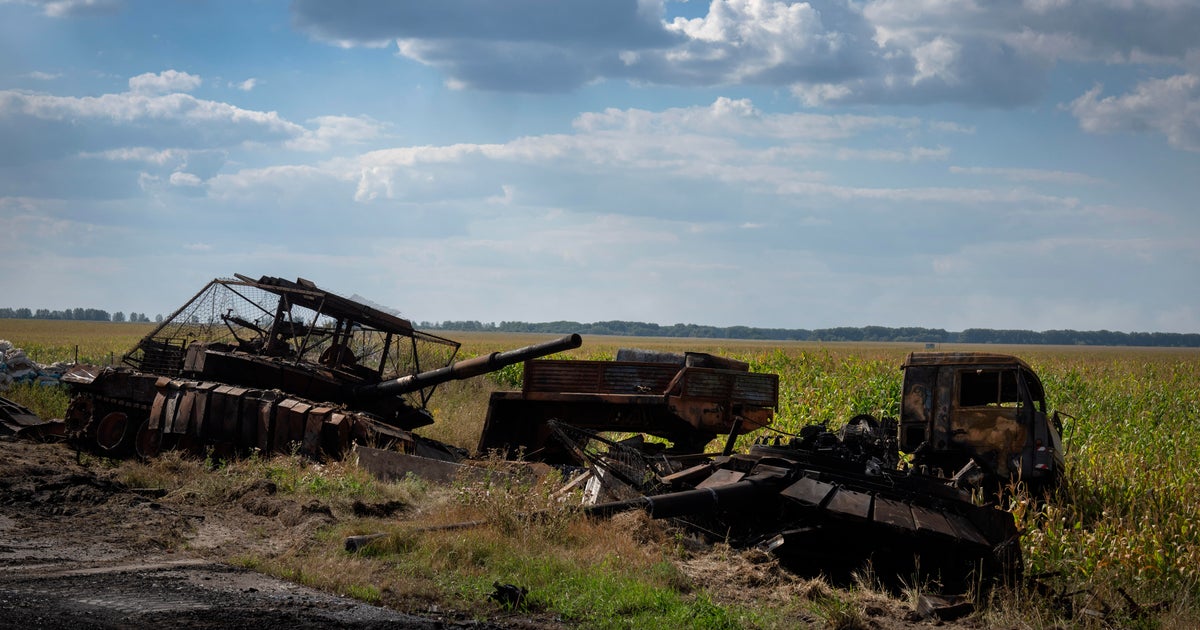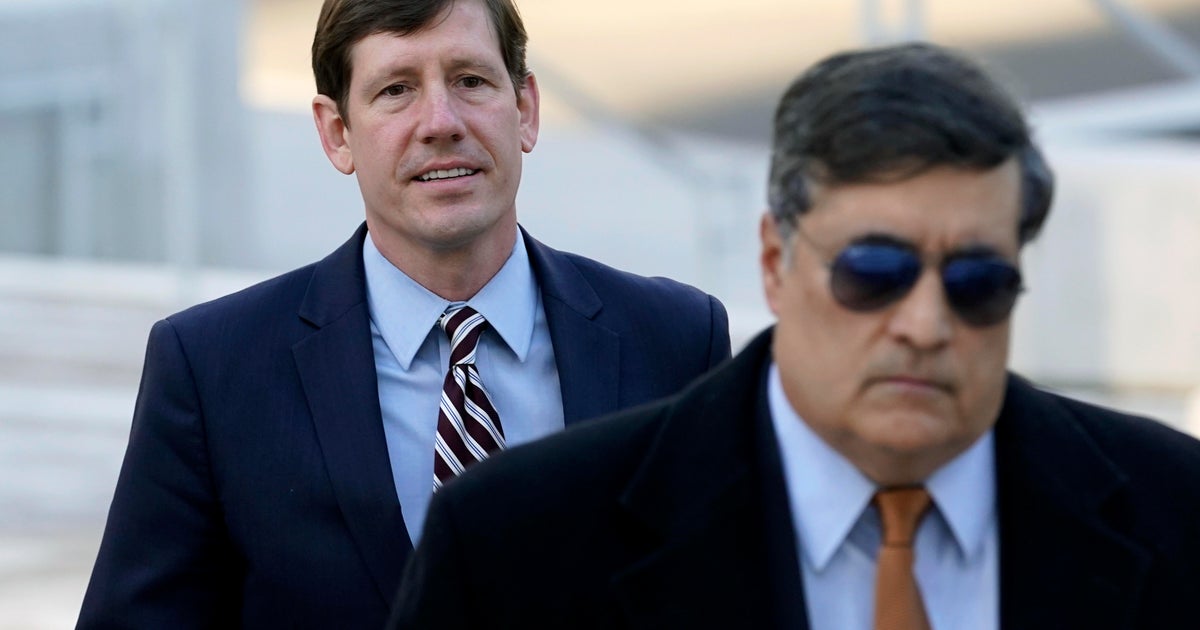Russia responds to the U.S. strike in Syria
Russia, Syrian President Bashar Assad’s most important backer on the world stage, condemned early Friday a U.S. missile strike on a Syrian airbase as “an aggression against a sovereign state in violation of international law.”
Russian President Vladimir Putin’s spokesman Dmitry Peskov said in a statement that Putin believes President Trump ordered the strikes under a “far-fetched pretext,” and Russia’s military announced it would reduce cooperation with the U.S. and bolster Assad’s air defenses in response.
In a post later Friday on social media, Russian Prime Minister Dmitry Medvedev said the U.S. strike had put America’s military “on the verge of fighting” directly with Russia’s.
Mr. Trump gave the command on Thursday for U.S. warships to fire a salvo of 59 Tomahawk cruise missiles at the Shayrat airfield in Syria’s Homs province.
American military officials say a Syrian jet, flying from Shayrat, carried out the Tuesday morning chemical weapons attack on the rebel-held town of Khan Sheikhoun. That attack left more than 80 people dead, including many children, and involved the deadly nerve agent Sarin gas, according to autopsies carried out in Turkey.
Syria’s army on Friday decried the U.S. strike as “an outrageous aggression.” CBS News correspondent Jonathan Vigliotti says Syrian officials described the strike, however, as “limited and expected.”
The damage to the airstrips, munitions and command and control infrastructure at the base was said to be significant.
Assad has denied carrying out the chemical attack on Tuesday, saying any chemical agents released were from a rebel stockpile hit in conventional strikes carried out by Syrian warplanes. Russia backed up that explanation, and continued Friday to argue that rebel chemical weapons capabilities were being ignored.
On Friday, Assad labeled the U.S. strike “reckless” and “irresponsible.” In a statement he said the strikes were “shortsighted” and reflect a continuation of U.S. policy based on targeting and “subjugating people.” He said the decision to carry out the strike was not based on facts.
CBS News’ Holly Williams reports that several rebel groups have expressed relief -- hoping the U.S. missile salvo will reduce the ferocity of Syrian and Russian strikes against them on the ground -- but they’re not optimistic the U.S. government will offer more robust, direct support to them in the fight against Assad.
Experts refute the claim that a conventional strike would have dispersed chemical weapons, saying such a strike would instead have destroy the toxic chemical agents. In addition, chemical weapons experts say a conventional strike on a chemical stockpile wouldn’t have produced the harrowing scenes that have been broadcast around the world: People with no visible wounds, foaming at the mouth and suffocating to death.
Mr. Trump said he authorized the airstrike because “it is in the vital, national security interest of the United States to prevent and deter the use of deadly chemical weapons.”
Syria’s military said Friday that six soldiers were killed and several more wounded in the strike, and it declared the U.S. a “partner with ISIS, Nusra, and other terrorist groups” for launching an attack against Syrian forces. In a video statement, a Syrian commander said his forces would respond to the attack by continuing to “fight terrorism” wherever it exists.
How Russia reacts to Mr. Trump’s first major foreign military intervention as president -- and the first ever U.S. attack directly against the Assad regime -- will likely shape the next chapter in the Syrian war, in which the American role has just changed.
Russian countermeasures
“The actions taken today by the U.S.A. further destroy Russian-American relations,” Russia’s Foreign Ministry said Friday morning.
The message comes just days before U.S. Secretary of State Rex Tillerson is due to visit Moscow, where the Syria war will be just one of the areas of friction between the two countries. On Thursday, Tillerson said, “either Russia has been complicit or Russia has been incompetent” in allowing the Syrian regime to carry out the chemical attack.
“The U.S. opted for a show of force, for military action against a country fighting international terrorism without taking the trouble to get the facts straight,” the Foreign Ministry said in a statement.
On a practical level, Moscow announced Friday that it was suspending “cooperation with the Pentagon aimed at the implementation” of an agreement reached in 2015 to avoid dangerous contacts between the two nations’ militaries as they backed opposite sides in a complicated war.
U.S. military spokesman Col. John Dorrian, in Baghdad, told CBS News on Friday that Russian officers had communicated their intent to suspend the so-called “deconfliction” channel -- a phone hotline set up between U.S. and Russian field commanders.
Soon after, however, Dorrian contacted CBS News again to correct his earlier statements, saying that while American military officials had seen the reports that Russia was suspending its participation in the deconfliction hotline, he could not confirm that Russian officials had communicated anything directly to their U.S. counterparts.
The Associated Press reported Friday afternoon that Russia had agreed to continue using the hotline, citing senior U.S. military officials.
The communications channel is operated by the U.S. military at an airbase in Qatar. It serves as a real-time link to try and avoid collisions or accidental attacks involving U.S. and Russian aircraft in the crowded Syrian sky.
The U.S. used the deconcfliction line prior to the U.S. strike on the Shayrat airbase near Homs early Friday to “minimize risk to Russian or Syrian personnel located at the airfield.” No Russian personnel were hit in the U.S. strike, Russia has confirmed.
Russia said later Friday that it would also help the Syrian military bolster its air defenses in response to the attack on Shayrat.
“To protect the most sensitive facilities of the Syrian infrastructure, a set of measures will be taken in the immediate future to reinforce and raise the effectiveness of the Syrian armed forces’ air defense system,” Defense Ministry spokesman Major-General Igor Konashenkov said.
There were reports later that a Russian warship was sailing to the Mediterranean and expected to dock at the Russian base in Tartus, on Syria’s coast.
It wasn’t clear exactly how or when Russian commanders were notified of the impending cruise missile strike, but earlier Tillerson was adamant there had been no discussion with Russia ahead of the operation.
Russia called for an emergency meeting of the United Nations Security Council on Friday to discuss the U.S. strike.
Russia has blocked several proposed resolutions against the Assad regime in the Security Council in recent years, including one drawn up in the immediate aftermath of the Khan Sheikhoun chemical attack that would have condemned the Assad regime for it.
President Putin came to Assad’s rescue in late 2015 when it appeared rebel forces were gaining an advantage on the ground against Syrian troops. In the year and a half since, Russian-backed Syrian forces have turned the tide, squeezing rebel groups that have lamented a lack of international support.




